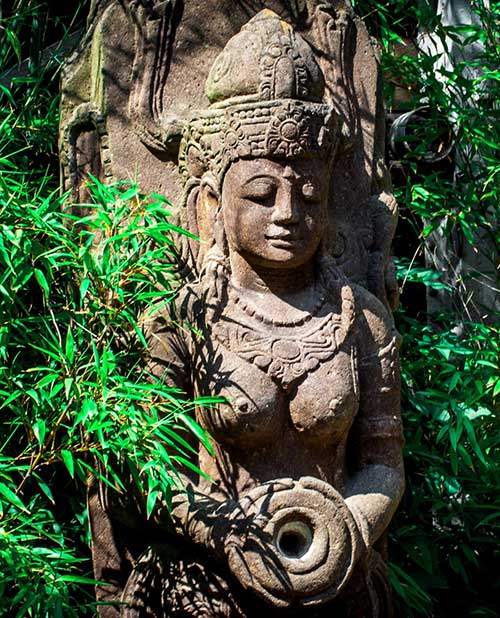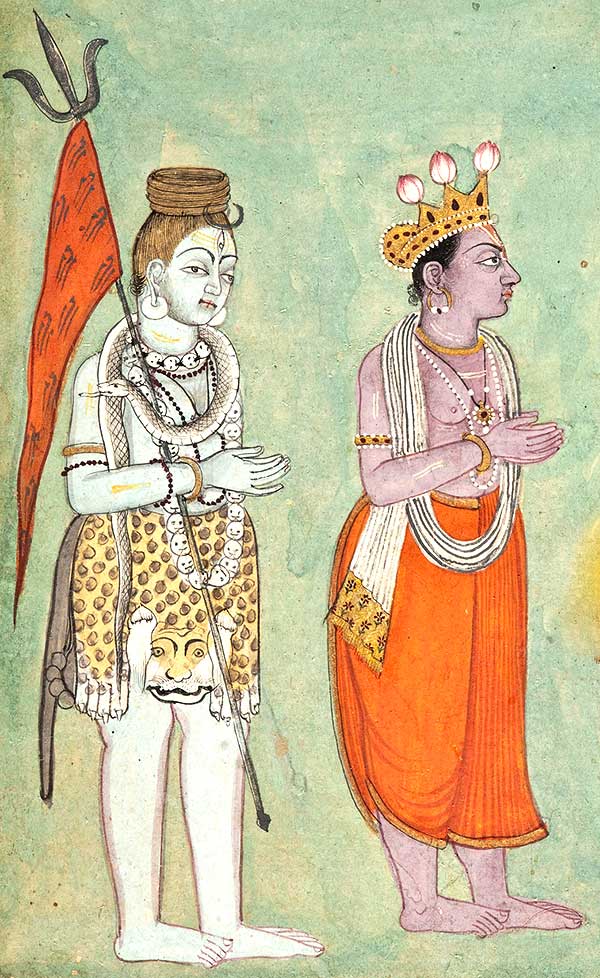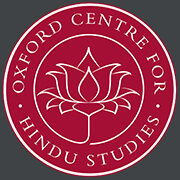Hinduism, Yoga, and the Environment

What do Hinduism and Yoga Philosophy have to say about ecology and the environment? Hinduism is full of big ideas. How do these big ideas relate to modern life?
In this course by Prof. Christopher Chapple, we will explore texts and ideas that can inform modern conversations about degradation of the environment. What do those great Indian texts – the Vedas and Upaniṣads – tell us about the centrality of earth-awareness in early India. Can Yoga ethics help us create guidelines for the modern ills of over-consumption? Meditation practices help develop a sense of intimacy with one’s body – can they help us do the same with the larger ecosphere?
The course will seek to discern how Hindu and Yoga ideals can address the pressing problems of global consumerism, the proliferation of plastic waste, species extinctions, and global climate change. We will also learn about how contemporary eco-activists including Vandana Shiva, M.C. Mehta, and Sunderlal Bahuguna, are applying traditional teachings and methods to current crises.
Sign up today to learn from Prof. Christopher Chapple the director of the Master of Arts in Yoga Studies at Loyola Marymount University and author of more than twenty related titles. Gain familiarity with primary texts describing methods for understanding and connecting with the five primary elements. Learn Yoga practices that can be applied in order to ameliorate personal stress in regard to ecological trauma as well as lifestyle changes that can help bring about positive change.
Start Date: 13 October 2024
Course Duration: Eight Weeks
166 pages
Optional Assessment: Essay
On-Demand Video
The main video component of your course. On-demand means you can watch at the time that suits you.
6hr 31min
£145
Session One: Introduction to Environmental Issues
We begin with a discussion of primary issues, resources, and pathways. We will examine issues including climate change, species extinctions, agricultural practices, and pollution of soil, water, and air, both in India and throughout the globe. We will examine texts including the Vedas, the Upaniṣads, and the philosophical and narrative Yoga literature. We will also introduce application of specific meditation and Yoga practices.
Session Two: Pṛṭhivī Sūkta, Earth Verses
In this session we will read the Pṛṭhivī Sūkta, the portion of the Atharva Veda that praises the earth and invites sustained reflection on the importance of a healthy ecology. Its exuberant celebration of earth, water, fire, and air will be viewed through a series of photographs from all seven continents, inviting the students to participate in a viewing, a darśana, that breaks down barriers between self and others.
O Mother Earth!
You are the world for us and we are your children.
Empower us to speak in one accord,
steer us to live in peace and harmony,
and guide us in our behaviour
so that we have cordial and gracious relationship with all other people.
Pṛṭhivī Sūkta
Session Three: Sense of Place, India’s Sacred Geography
Knowing one’s eco-system, the source of one’s water and food, and the rhythm of one’s climate can be a starting point for recovering the sacred. For this session, students will be invited to reflect on their own geographic emplacement and will learn about the river, mountain, plateau, and coastal regions of India. Key texts will ground the discussion, including the horse sacrifice passage at the beginning of the Bṛhadāraṇyaka Upaniṣad and the story of Satyakama Jabala in the Chāndogya Upaniṣad.
Session Four: Yoga Ethics, Yoga and Ecology
The Bhagavad Gītā, in its articulation of the Yogas of Action (Karma), Knowledge (Jñāna), and devotion (Bhakti), provides a framework for taking up one’s work in the world (Dharma, Loka-Saṅgraha) for the sake of the greater good. This session explores passages that describe all three paths as ways toward ecological repair of personhood and society. The Yoga Sūtra insists upon a stabilisation of one’s ethics through the cultivation of nonviolence, truthfulness, not stealing, abstention, and minimisation of possessions. We will explore how these might be applied to current environmental difficulties.
Session Five: Yogavāsiṣṭha and Tantra
We now turn our attention to how Tantra integrates bodily meditations with visualisation and mantra recitation. The Yogavāsiṣṭha (ca. 1000 CE) includes glorious descriptions of how the goddess (Devī) dances the natural world into being. It includes descriptions of progressive meditations on the five great elements as well as encouragement to take up one’s responsibilities in the world whole-heartedly.
 Session Six: Animals
Session Six: Animals
This session explores animal stories from the Pañca Tantra and the Yogavāsiṣṭha as well as stories of Ganesha and Hanuman. Animals suffuse the landscape of India. Every god and goddess has a companion animal. Diverse species of birds, mammals, and reptiles, large and small, abound in rural and urban areas. Elephants and tigers will be discussed in light of the work of Vivek Menon of the Wildlife Trust of India.
Session Seven: Eco-Activists
From the time of Gandhi, a constant refrain has been sung in India: live simply so that others may live! In this session, we will look at leaders inspired by his example who continue to advocate for environmental causes starting with an examination of the lifestyle advocated by Gandhi. These will include Anil Agarwal and Sunita Narain of the Centre for Science and Environment, Sunderlal Bahuguna, Vandana Shiva, and M.C. Mehta from India, and Laura Cornell, founder of the Green Yoga Association in the U.S. as well as mention of studies by scholars Pankaj Jain, George James, and David Haberman.
Session Eight: Living Communities and Legislation
In this final session, we will discuss eco-friendly communities including Fireflies Ashram near Bengaluru, Navdanya near Dehradun, and Govardhan Eco-village near Mumbai as examples of how the highest lifestyle values of Hinduism and Yoga are taking shape for the purpose of environmental education and uplift. We will also include a survey of legislation around the globe that seeks to infuse law with the Gandhian principles of do-no-harm and hold-to-one’s-truth.

Your Tutor

Prof. Christopher Key Chapple
Christopher Key Chapple is Doshi Professor of Indic and Comparative Theology and founding director of the Master of Arts in Yoga Studies at Loyola Marymount University (LMU). in Los Angeles.
He has published more than twenty books including Karma and Creativity; Nonviolence to Animals, Earth, and Self in Asian Traditions; Yoga and the Luminous; Living Landscapes: Meditations on the Elements in Hindu, Buddhist, and Jain Yogas; and several edited volumes on religion and ecology.
He has received numerous grants for his research, including from the National Endowment for the Humanities and the Fulbright Nehru Fellowship program. He serves on the advisory boards for the Forum on Religion and Ecology (Yale), the Ahimsa Center (Pomona), the Jaina Studies Centre (London), the Dharma Academy of North America (Berkeley), the Uberoi Foundation (Denver), the South Asian Studies Association (Los Angeles), and the International School for Jain Studies (Delhi). He also teaches online for LMU’s Center for Religion and Spirituality.






